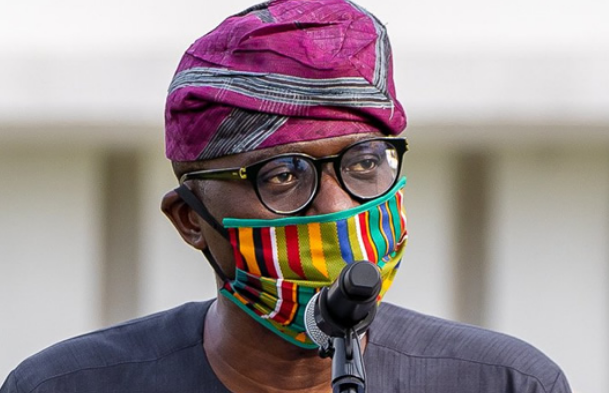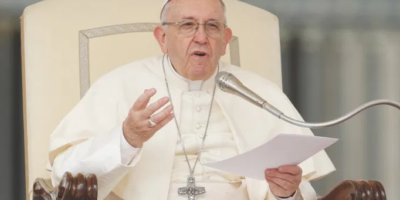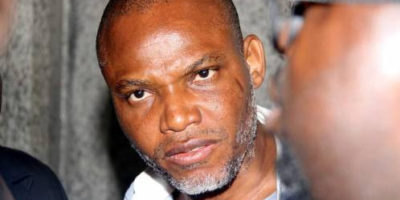Third Mainland Bridge: 650 LASTMA, 250 FRSC To Monitor Traffic

The Lagos State Governor, Mr. Babajide Sanwo-Olu, has appealed to residents of the state to exercise patience and bear the discomfort that will be experienced during the six-month partial closure of the Third Mainland Bridge, which starts today.
Sanwo-Olu said the closure of the 11.8km bridge – the busiest in the state – was inevitable, following the physical deterioration observed on the structure after an integrity test.
He noted that while the closure would bring pain, it was a necessary development to prevent any disaster that might result from the collapse of the infrastructure.
The governor spoke on Thursday while receiving the new Sector Commander of the Federal Road Safety Corps in Lagos, Commodore Olusegun Ogungbemide, at the State House, Marina.
He said,
For emphasis, the traffic disruption is only about 25 per cent of the regular traffic on the bridge. The 75 per cent of vehicles that normally ply the route will still have access to move on the bridge during the period of repair.
We have furnished and improved the design of the alternative routes, and we are still working on other arterial routes so that our people can have seamless journey times to and from their places of work. We will be deploying over 650 LASTMA officers on the road to control the traffic.
In the period of closure, the governor said a lane of the bridge would be opened to traffic for vehicles driving inward Lagos Island in the morning, while the other lane would be shut.
The reverse would be done for vehicles driving inward Mainland in the afternoon.
He urged residents to use ferry services, adding that the state had strengthened the Lagos Ferry Service by doubling its capacity for mass movement.
Ogungbemide told the governor that 250 FRSC operatives would be deployed to work with LASTMA to maintain traffic on the bridge and alternative routes.

Justin Nwosu is the founder and publisher of Flavision. His core interest is in writing unbiased news about Nigeria in particular and Africa in general. He’s a strong adherent of investigative journalism, with a bent on exposing corruption, abuse of power and societal ills.













